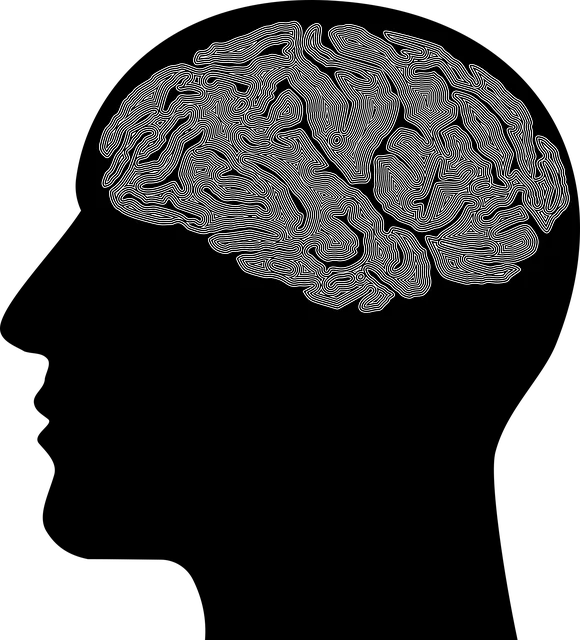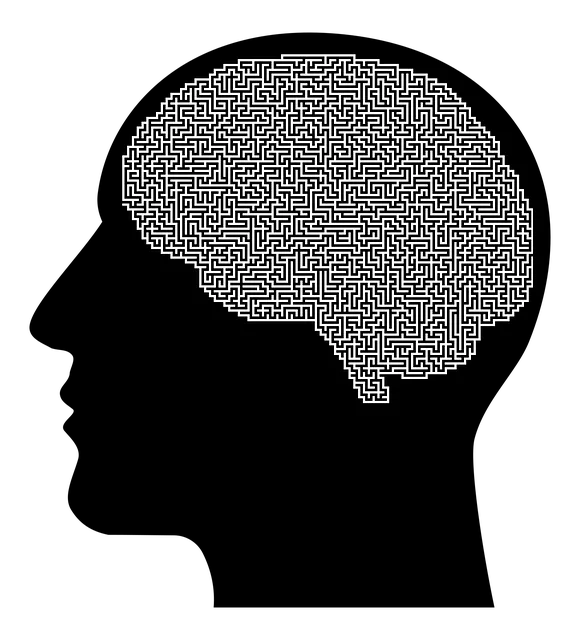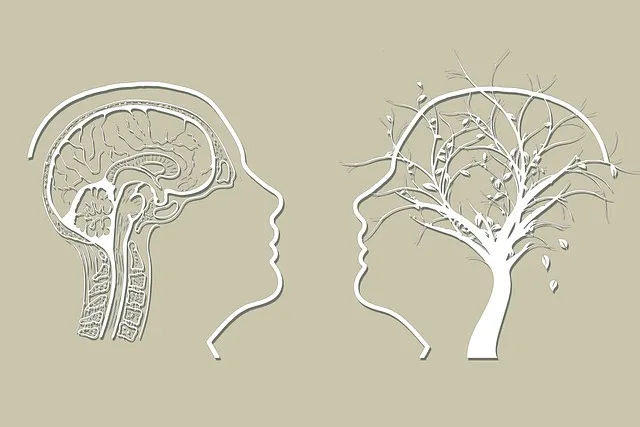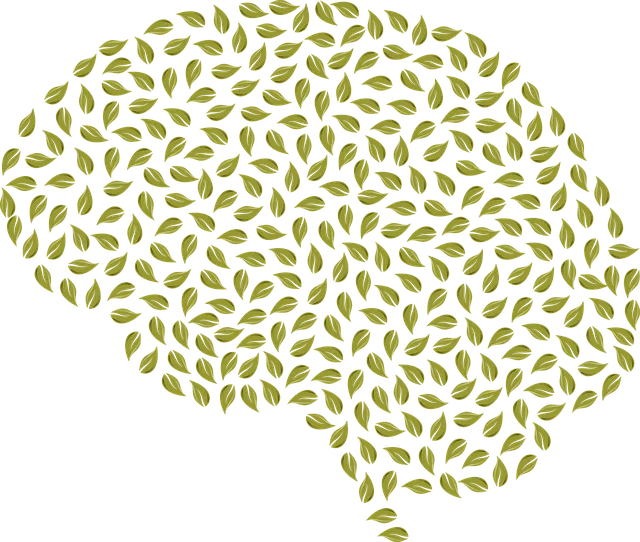In the diverse community of Northglenn, cultural sensitivity is vital for effective mental healthcare at Kaiser Permanente. By understanding patients' unique ethnic, religious, linguistic, and socio-economic backgrounds, the organization provides tailored treatments that address specific needs. This approach enhances patient outcomes, boosts confidence, and promotes inner strength development, while also preventing provider burnout. Kaiser Permanente mental health Northglenn prioritizes cultural sensitivity through education, open communication, and environment adaptation, ensuring personalized and compassionate support for all patients.
Cultural sensitivity is a cornerstone of effective mental healthcare, ensuring that diverse communities receive tailored, compassionate support. This article explores the vital role of cultural competency in addressing mental health challenges across different demographics. We delve into the specific barriers faced by various groups and highlight innovative approaches, using Kaiser Permanente Mental Health Northglenn as a case study. This clinic’s successful integration of culturally sensitive practices has led to improved patient outcomes and enhanced community engagement. Additionally, we provide practical strategies for mental health professionals to foster an inclusive environment, addressing critical issues in cultural sensitivity head-on.
- Understanding Cultural Diversity in Mental Healthcare
- – The significance of cultural sensitivity in mental health practice
- – Identifying and addressing cultural barriers to care
Understanding Cultural Diversity in Mental Healthcare

In the diverse landscape of Northglenn, understanding cultural sensitivity is paramount for the effective delivery of mental healthcare services, especially within organizations like Kaiser Permanente. Cultural diversity encompasses a wide array of factors, including ethnicity, religion, language, and socio-economic backgrounds, all of which can significantly influence an individual’s experience with mental health issues and their approach to treatment. For instance, what constitutes healing or expression of emotions varies across cultures, as do the preferred modes of communication and therapeutic practices.
By embracing cultural sensitivity, Kaiser Permanente mental health professionals in Northglenn can foster a supportive environment that boosts patients’ confidence and promotes inner strength development. Recognizing and adapting to these cultural nuances can prevent burnout among healthcare providers while ensuring tailored, effective care for all individuals, regardless of their background. This approach not only enhances patient satisfaction but also contributes to positive outcomes in mental health treatment.
– The significance of cultural sensitivity in mental health practice

In today’s diverse society, cultural sensitivity is paramount in mental healthcare practices, especially within organizations like Kaiser Permanente mental health Northglenn. Recognizing and respecting cultural differences can significantly enhance patient outcomes and foster a safe, inclusive environment. Each individual brings their unique cultural background, beliefs, and experiences to therapy, which can influence how they perceive and engage with mental health services. A culturally sensitive approach ensures that these differences are not barriers but rather opportunities for providers to understand and address specific needs effectively.
By prioritizing cultural sensitivity, Kaiser Permanente mental health Northglenn aims to boost confidence among patients from various backgrounds and promote mental wellness. This involves adapting therapeutic techniques, communication styles, and even the physical environment to align with cultural norms. The Mental Wellness Podcast Series Production can play a role in educating both patients and providers about these cultural nuances, fostering open conversations, and ultimately improving access to quality care for all.
– Identifying and addressing cultural barriers to care

Cultural sensitivity is a cornerstone of effective mental healthcare, especially within diverse communities like those served by Kaiser Permanente Northglenn. Identifying and addressing cultural barriers to care is vital for ensuring that all patients receive compassionate, tailored support. These barriers can manifest as language differences, differing beliefs about mental health and healing, or even unconscious biases on the part of healthcare providers.
At Kaiser Permanente Northglenn, efforts are focused on integrating Conflict Resolution Techniques and promoting Positive Thinking through Mental Health Education Programs Design. Such initiatives foster an environment where patients feel understood and respected, encouraging open communication and fostering trust. By acknowledging and respecting cultural differences, mental health professionals can better tailor their approaches, ultimately enhancing the effectiveness of treatment and improving patient outcomes.
Cultural sensitivity is a cornerstone of effective mental healthcare, especially within diverse communities like those served by Kaiser Permanente in Northglenn. By understanding and addressing cultural barriers, mental health professionals can ensure that care is accessible, acceptable, and tailored to individual needs. This inclusive approach not only improves patient outcomes but also fosters trust and strengthens relationships between patients and providers, ultimately enhancing the overall well-being of the community.






